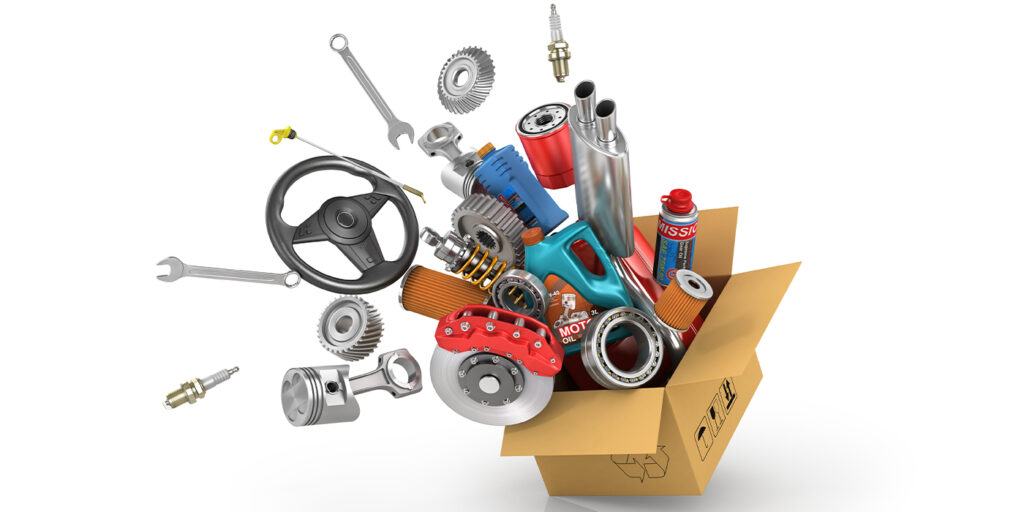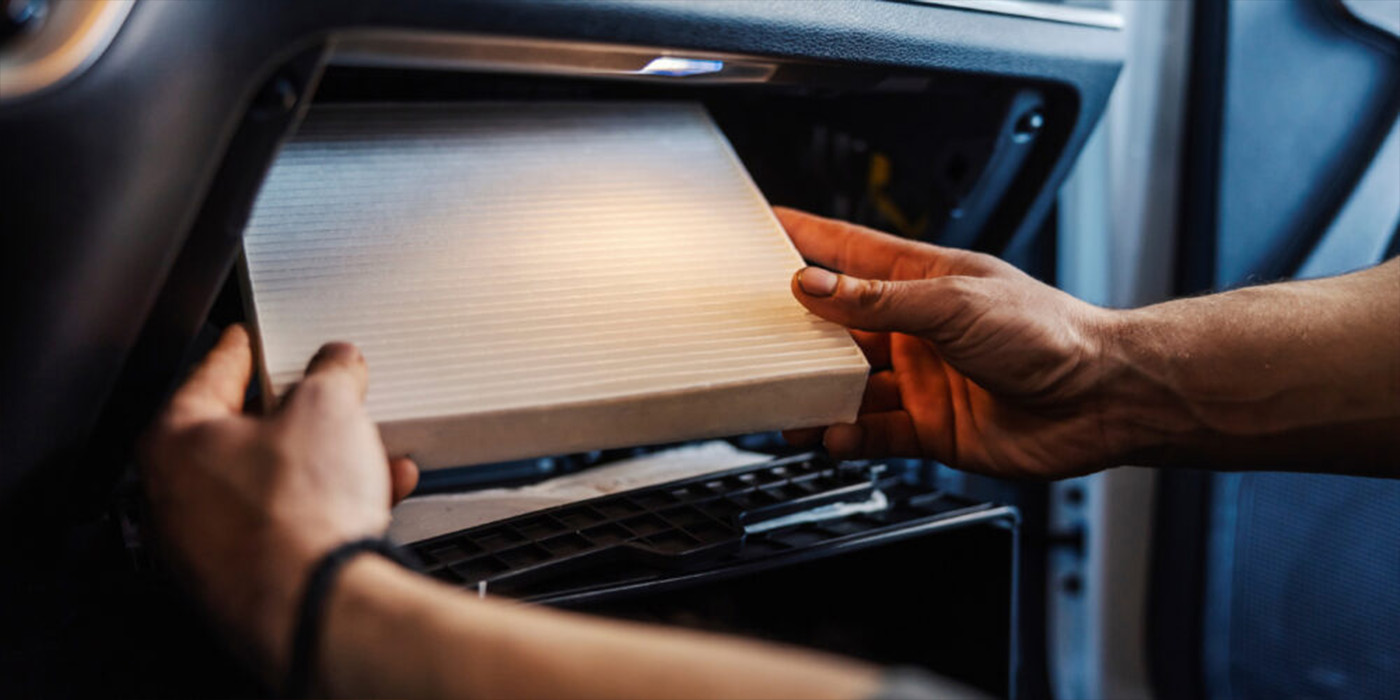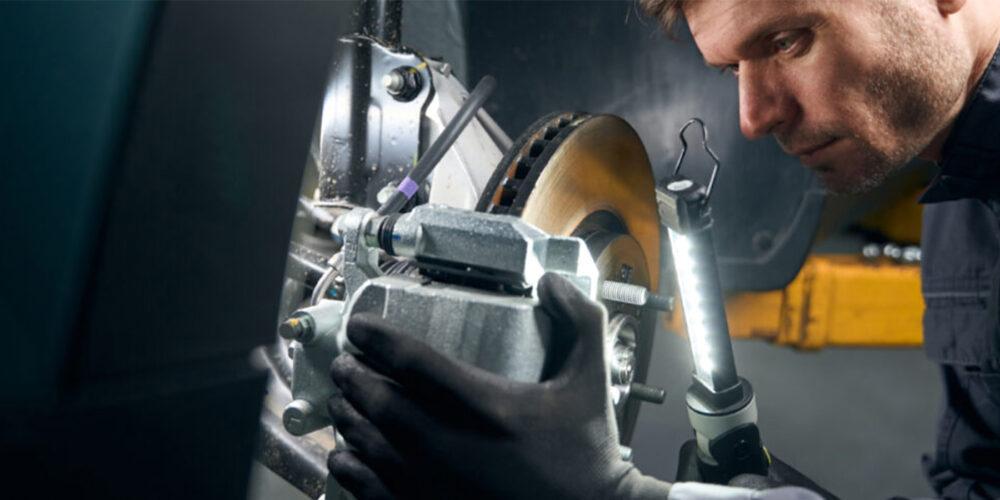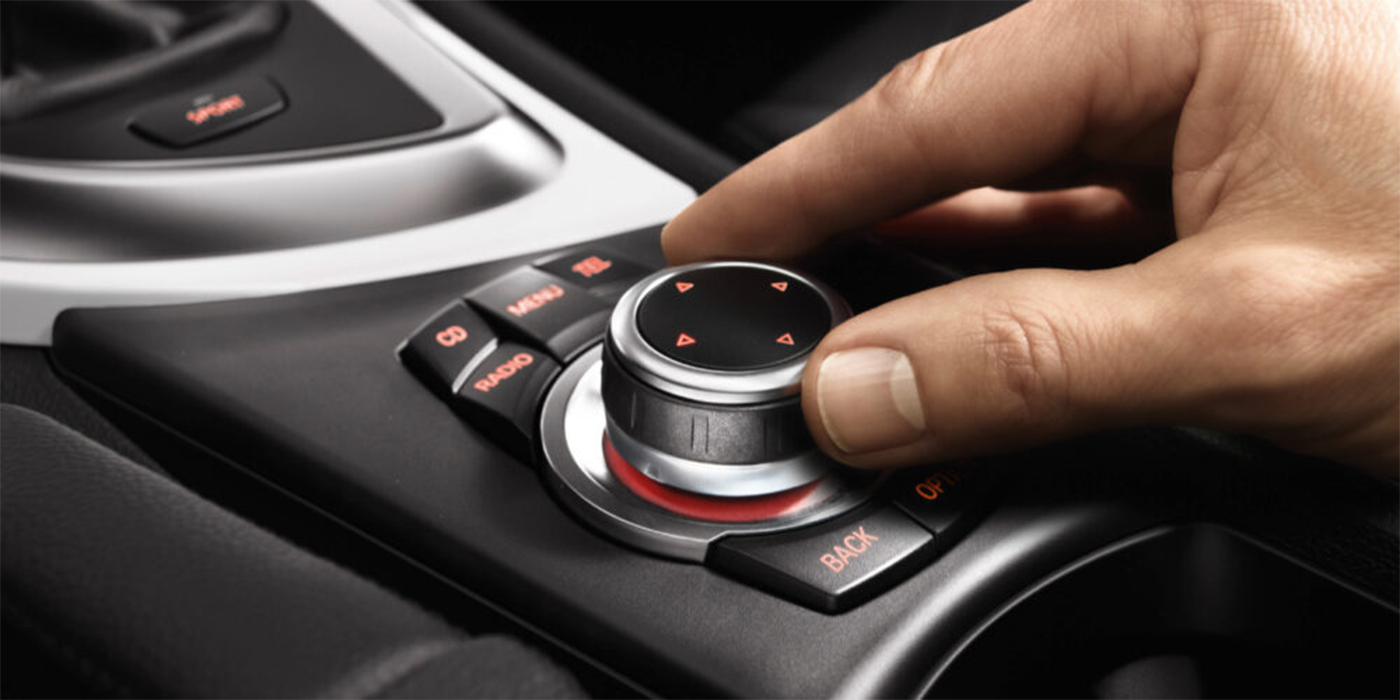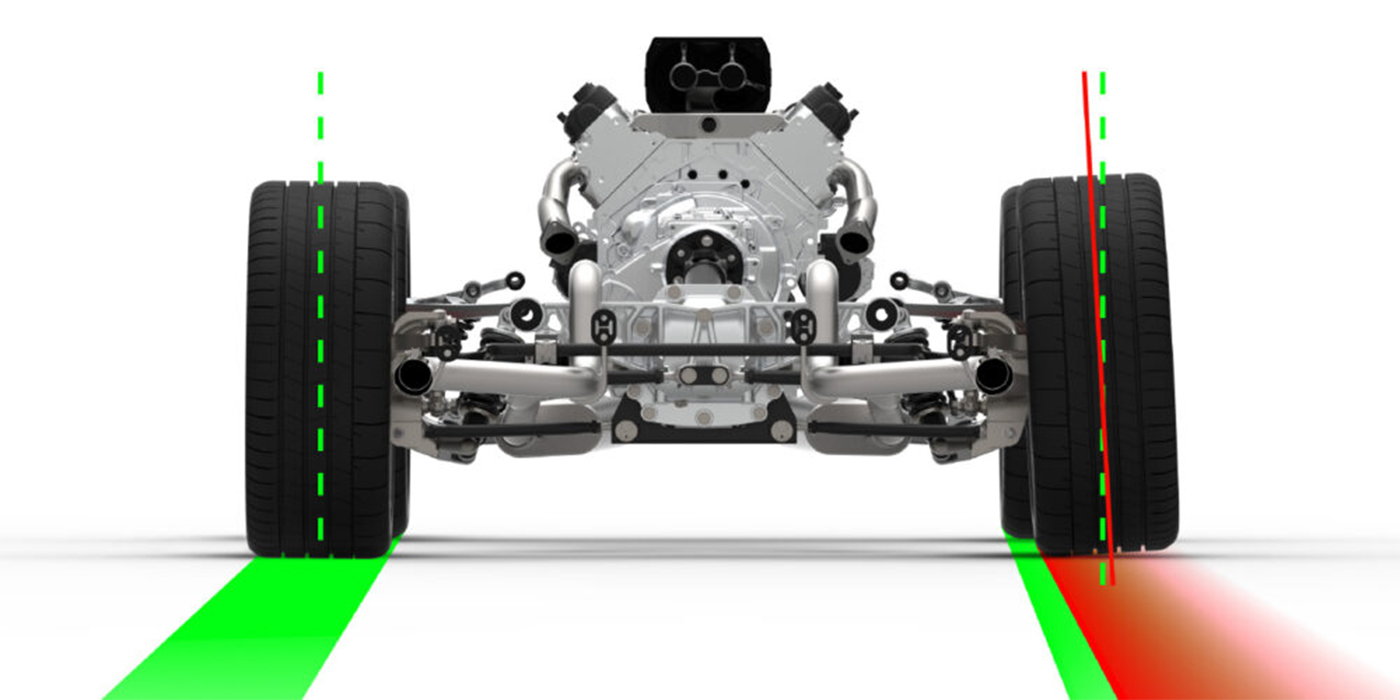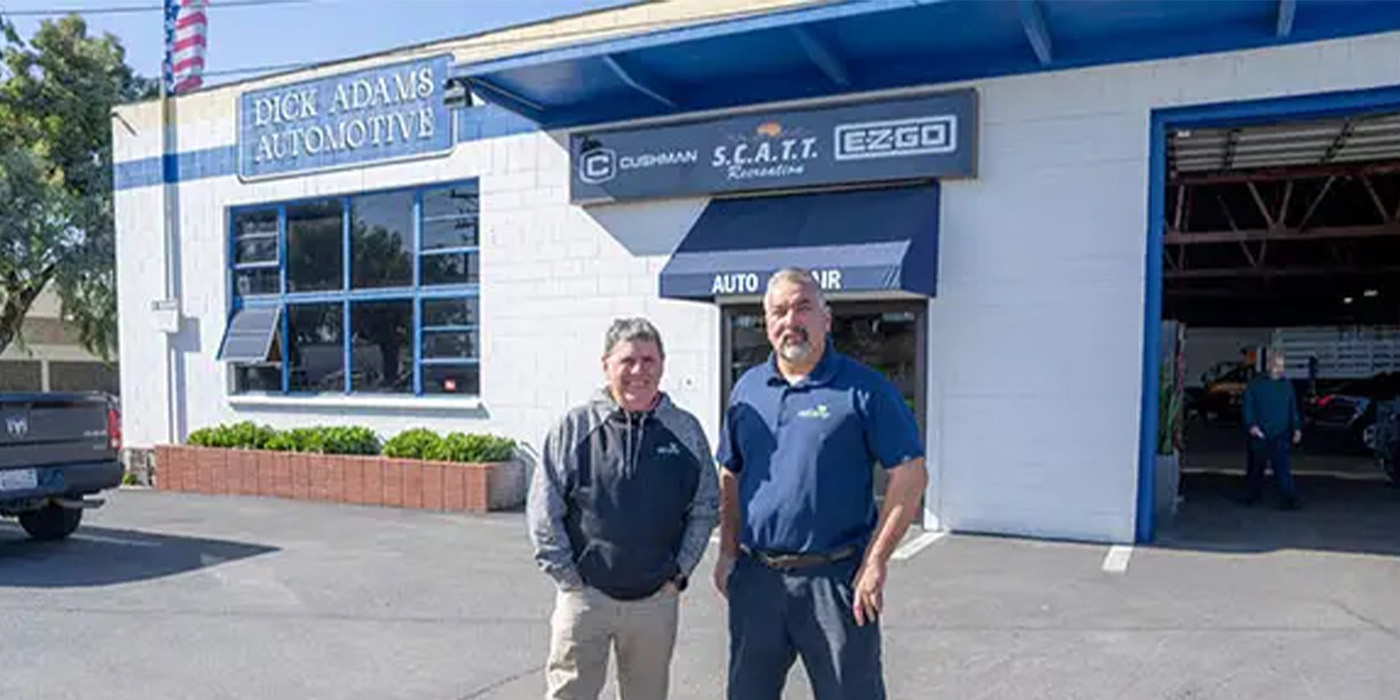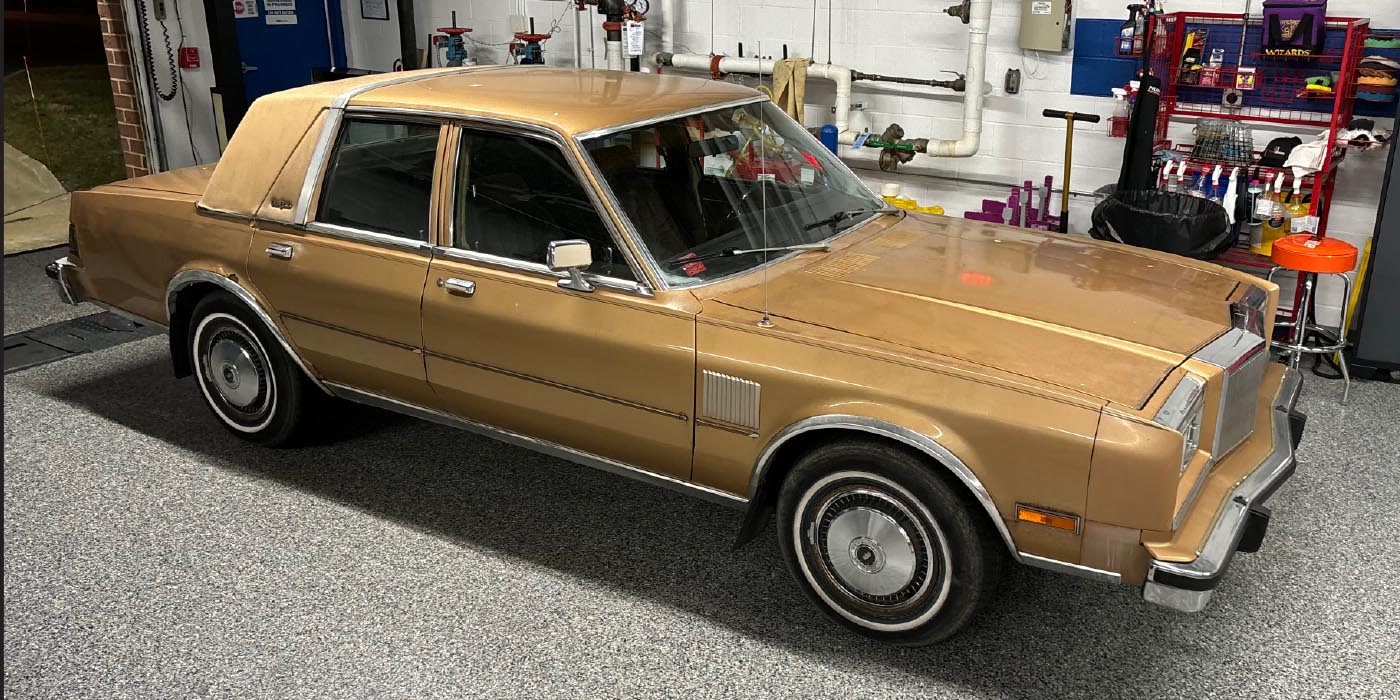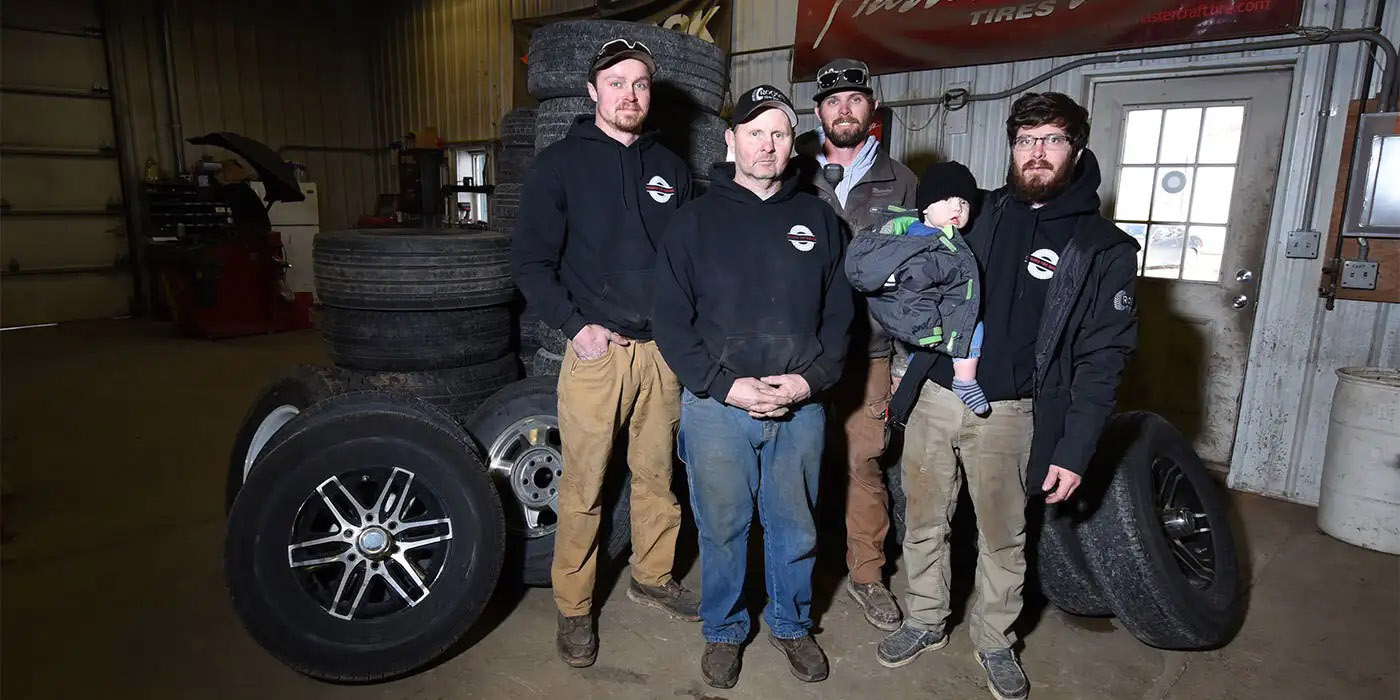I went into a local diner the other day. I had heard their cook is a wizard with breakfasts and I couldn’t wait to try the food.
After consulting the menu, I told my waitress that I wanted the omelette of the day – and on that day, I would be providing my own eggs, my own avocado and my own recipe that I found on Pinterest.
Let’s just say, I’m still hungry.
Do you have customers like that, who show up at your service counter and want to supply their own parts? How do you handle these uncomfortable requests?
Murray Voth, former shop owner and current industry training guru, was talking to me the other day (and, no, it wasn’t over breakfast) about the sticky situation you may face when both the customer and the parts arrive in the same car.
“There are very few other industries in America that would allow you to bring your own parts to the procedure, yet, for some reason, our industry has evolved to the point where we often allow it,” says Murray. “There seems to be a perception with some parts of the driving public that owning a car means there is an obligation on the part of us shop owners, service advisors and techs to serve them no matter what they ask.”
It can feel like a delicate balancing act between maintaining customer relationships and maintaining your shop’s reputation.
Sometimes customers want to believe you’re just out to get them, but there are legitimate reasons for refusing to use “carry-ins.”
Obviously, you don’t make a profit on the sale of parts you don’t sell and you can’t offer any semblance of assurance that the customer-supplied parts are actually appropriate for the job. Likewise, warranty and insurance questions have to be raised.
Of course, the internet allows everyone to diagnose their vehicle problems, identify the proper repair technique AND have the correct part delivered overnight or sooner for the lowest price possible (Spoiler alert – that’s what some do-it-yourselfers-then-redo-it-for-me-ers believe).
“It can feel like a delicate balancing act between maintaining customer
relationships and maintaining your shop’s reputation.“
“We need to remind the public that when we supply the part, we go through the pain of getting the right one, that isn’t counterfeit, that’s high quality. We have it delivered at no extra charge, and we install it safely and accurately,” Murray explains.
Sure, it can be tempting to take every job because as independent shop owners you may be conditioned to always want to satisfy every customer. But, as Murray points out, it’s better to have the right customers than all the customers.
Have you built a relationship with your clients so that they understand the value you bring to each repair and to the community? You help support the families of your shop employees and you make a big impact on the safety and well-being of your neighbors. Doing the job, the right way, with dedication and integrity, means you’ll continue to do that for a long time to come.
With customer-supplied parts, should you worry more about whether the parts are right for the car or the customer is right for you?
If they’re looking to make a meal out of your expertise for the lowest cost, it’s not a relationship you need to continue.

